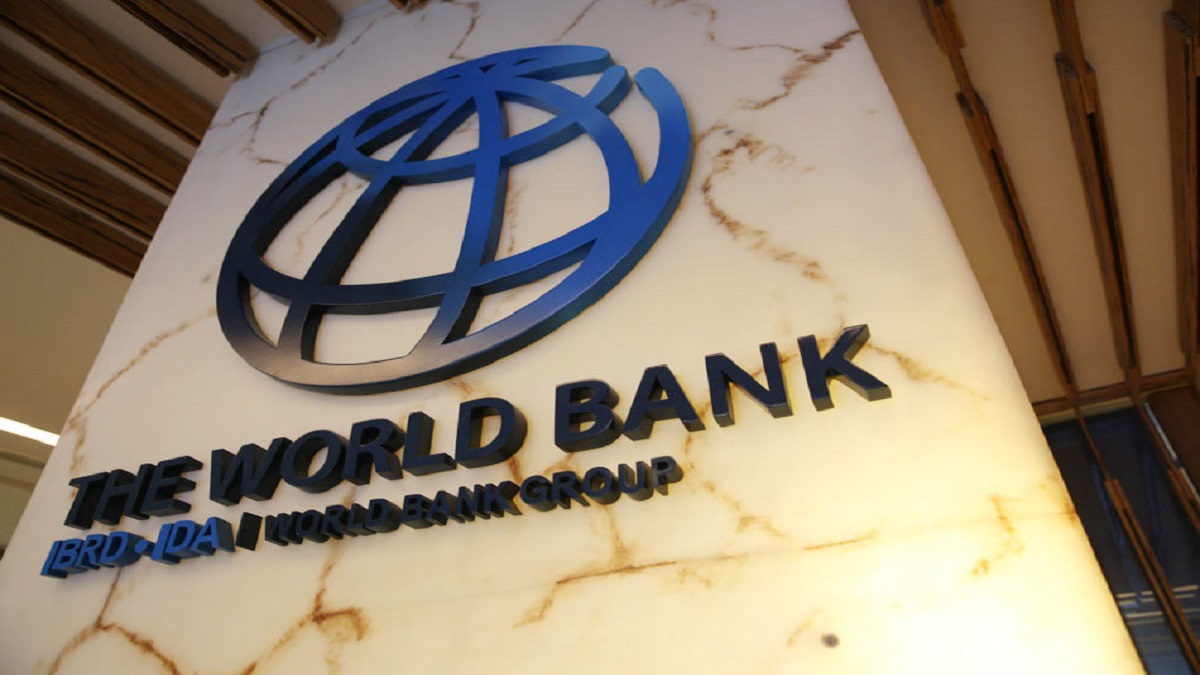Pakistan had been showing a weak economic recovery with the resumption of economic activity and was expected to achieve a growth rate of 1.3%, which may touch the figure of 2.7% in the fiscal year 2023 as per World Bank.
According to the report of the World Bank, issued on Tuesday, the resurgence in inflation rates and slow vaccination deployment poses downside risks to the economic outlook ad near-term economic prospects are subdued. The fiscal deficit is projected to touch the figure of 8.4% of Gross Domestic Product in the fiscal year 2021.
Due to the revenue reforms, the fiscal deficit is likely to be 7.8 in the financial year 2022 and 7% of GDP by the year 2023. The revenue collection is likely to go up as the growth goes up and the government implements the reform in the system of GST collection, rolls back tax expenditures, streamlines tax rates, and improves the withholding tax regime.
The report further says that public debt, including government, the guaranteed debt-to-GDP ratio will be at 94.4% by the end of the fiscal year 2022 on account of elevated fiscal deficits before easing to 94.1% by the financial year 2023. The decline in the debt-to-GDP ratio will be due to higher economic growth declining primary deficits.
Read More: KP govt to introduce Alternative Delivery Channels to facilitate tax payers
The World Bank’s report says that the poverty is likely to increase due to the Pandemic and the poor are expected to be further affected as indirectly demonstrated by the increase in the share of the severely food deficient areas, which was at 10% during the lockdown period, compared to 3% at baseline. The rural areas are likely to have suffered from an increase in poverty incidence as large as the one anticipated in urban areas.
Due to the Covid-19 lockdown, the supply chain of agrarian inputs like seed, fertilizer, and pesticide was badly affected. Moreover, due to an unexpected high rate of rain during monsoon and the attack of pests, there has been low yield and as such shortage of food and high food inflation.
The report of the World Bank also said that protected disruption to trade and supply chain, irregular rainfall patterns and future locust attacks can prolong the period of elevated food inflation and increase food security risks.





















